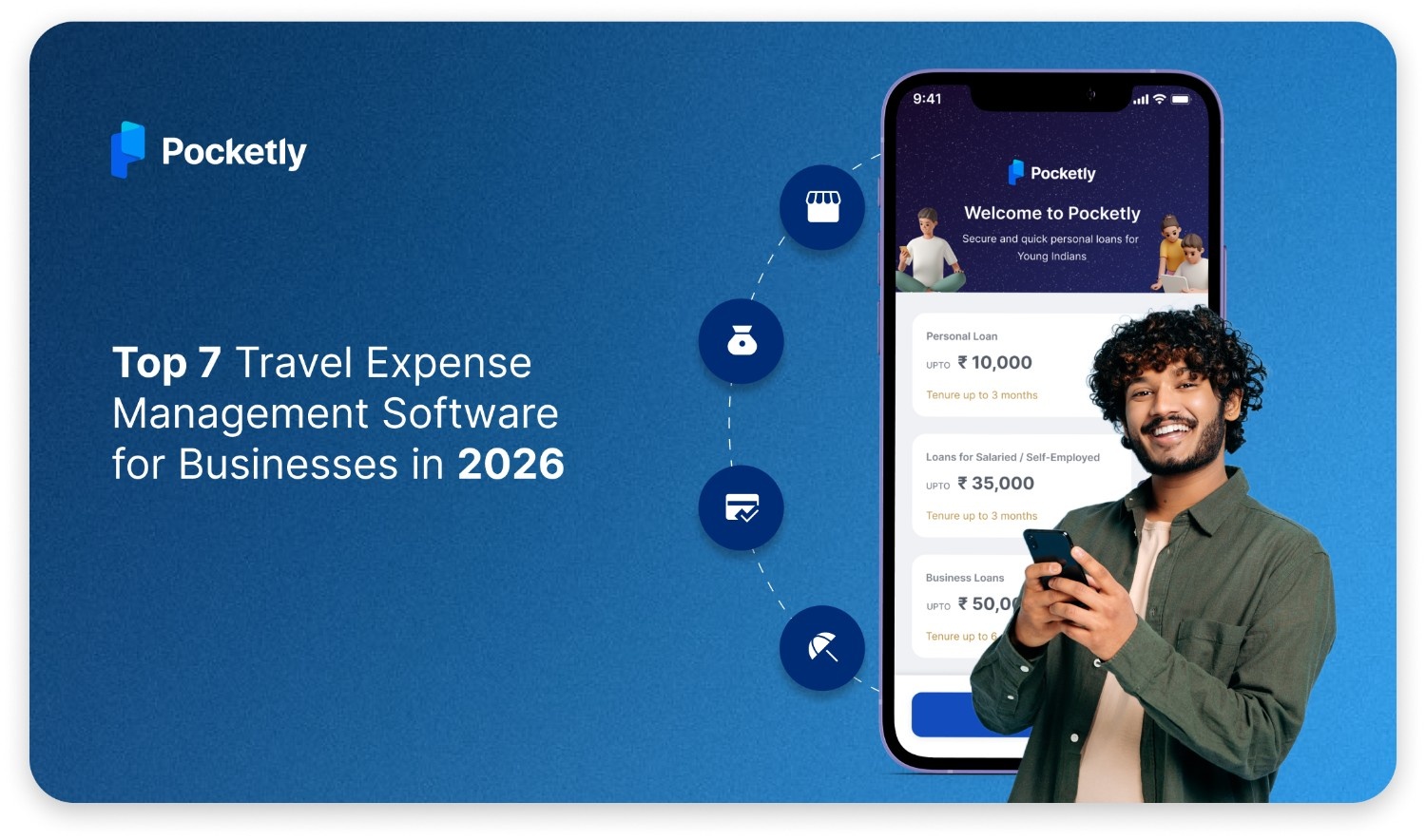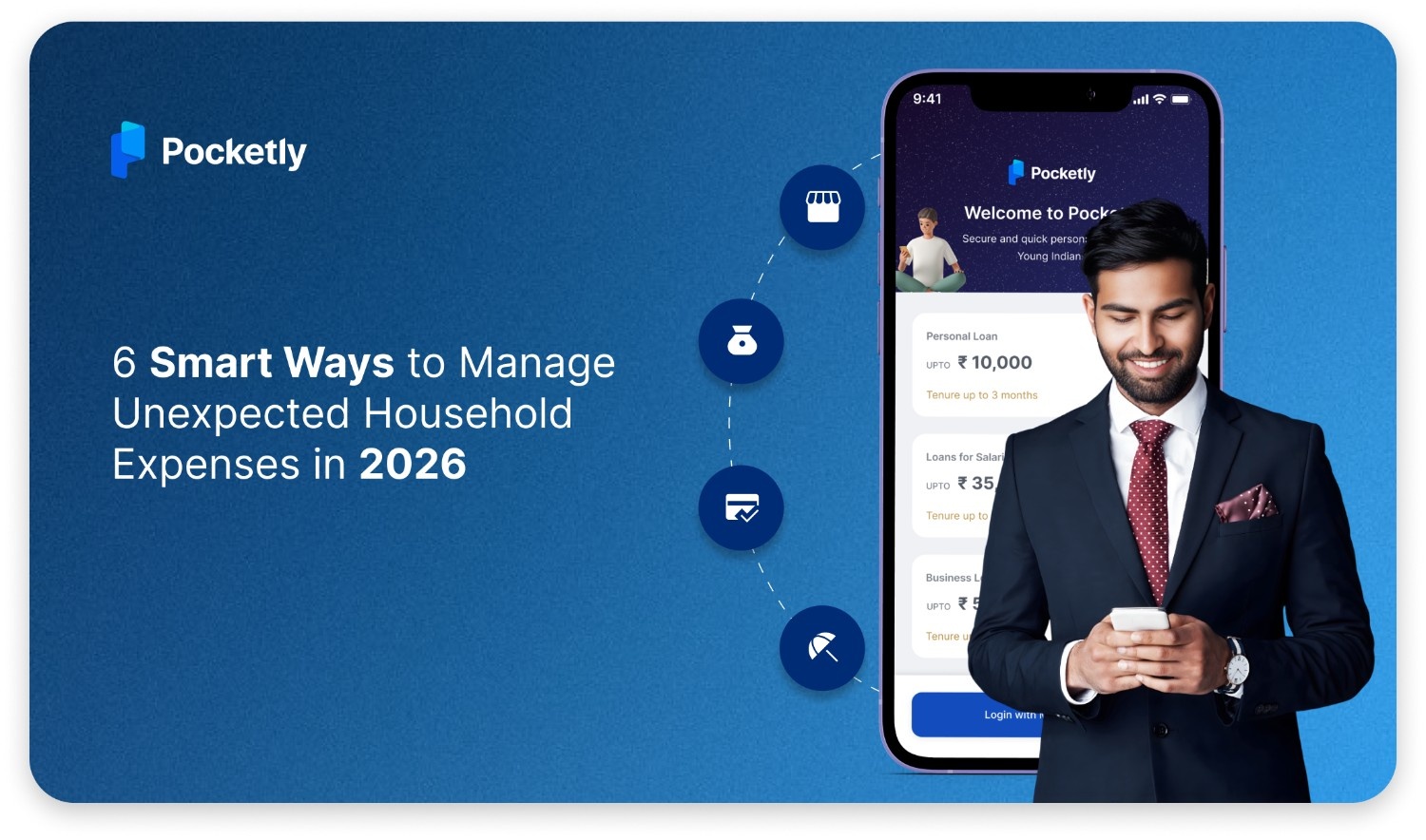
Getting a clear picture of your salary structure is essential for effective financial management. For most employees, the basic salary forms the backbone of their earnings—it’s the core part before any extras like bonuses or allowances are added.
Knowing how basic salary is calculated and understanding its role in your pay structure can help you manage your finances better, especially since basic salary often makes up about 40-50% of an employee’s Cost to Company (CTC) package.
This guide will help you understand what basic salary is, the factors that influence it, and how it differs from other pay components like gross and net salary. We’ll also walk through the basic salary formula, standard deductions, and its impact on taxes.
If you’re looking to make informed decisions about your income and budgeting, this is a great place to start! Let’s dive in.
Different Components of a Salary Structure
Understanding the breakdown of your salary structure can help you make sense of how much you’re actually earning and what each part means. Salary isn’t just one lump sum—it’s made up of various components that each serve different purposes. Here’s a quick overview of the main parts of a typical salary structure.
- Basic Salary: The core of your salary, paid for the work you perform. It’s a fixed amount that remains stable and forms the basis for calculating other benefits like Provident Fund and gratuity.
- House Rent Allowance (HRA): An allowance provided to help cover rental expenses. HRA can vary based on where you live, often being higher for employees in metro cities.
- Dearness Allowance (DA): Common in government jobs, DA is an allowance designed to help offset inflation and maintain purchasing power over time. It’s typically a percentage of the basic salary.
- Conveyance Allowance: An amount paid to cover your travel expenses to and from work. It’s a fixed monthly amount but may vary based on company policies.
- Special Allowance: This is a flexible component added to adjust your total salary and can be used for various purposes. It’s fully taxable and doesn’t fall under specific categories.
- Provident Fund (PF): A portion of your basic salary (usually 12%) goes towards your Provident Fund, which serves as a retirement benefit. Your employer typically matches this contribution.
- Professional Tax: This is a small tax deducted by the state government. The amount varies depending on the state you work in and is deducted from your gross salary.
- Performance Bonuses: Many companies offer additional bonuses based on your performance. These are usually given quarterly or annually and are separate from your fixed pay.
Understanding Basic Salary
Basic salary is the fixed part of your pay, excluding bonuses, allowances, or incentives. It’s the foundation of your overall salary package. Let’s break down the concept of basic salary, which is often a bit of a mystery to many people.
What Is Basic Salary?
Your basic salary is a fixed amount that you receive regularly, unaffected by additional variables like overtime, performance incentives, or other bonuses. This steady part of your pay makes up a substantial percentage of your total salary and remains consistent each pay period. Since it doesn’t change month to month, it provides a reliable base income that you can count on.
What’s Excluded from Basic Salary?
Here’s where things get specific: basic salary doesn’t cover extras like House Rent Allowance (HRA), travel allowances, or performance-based bonuses. These components are added on top of your basic pay to make up what’s known as your gross salary. So, while your gross salary includes all the extras, your basic salary is just the core, steady part of your earnings.
Why Basic Salary Matters
You might be wondering why the basic salary portion is so important. Well, it’s actually the base for calculating several benefits and contributions that can impact your overall financial planning. Here’s why:
- Provident Fund (PF) Contributions: Basic salary is used to determine contributions to your Provident Fund, typically set at 12% of basic pay. This means that the higher your basic salary, the more goes into your PF, which helps build long-term savings.
- Gratuity Calculations: If you work in a company for more than five years, gratuity is calculated based on your last drawn basic salary. The higher your basic salary, the better the gratuity benefit you’ll receive.
- Annual Increments: Basic salary is often the basis for determining your raise each year. When you receive a percentage increase, it’s typically applied to your basic salary, affecting all future benefits tied to it.
So, basic salary is not just about what you take home, it’s the part of your income that impacts your financial growth, savings, and retirement benefits over time. Understanding it can help you make better financial decisions and see the bigger picture of your earnings.
Factors Affecting Basic Salary
Not all basic salaries are the same, they might be valued on a variety of factors. These elements influence the amount of basic pay you receive, which in turn impacts your overall earnings and benefits.
1. Company Policy
Each organisation has its salary structure. Some emphasise a higher basic salary, which boosts benefits like the Provident Fund, while others may focus on allowances or performance bonuses.
2. Location and Job Role
Job location often affects basic pay, with metro cities offering higher salaries due to living costs. Your job role also matters—senior or specialised positions typically come with a higher basic component.
3. Industry and Experience
Different industries set different salary standards. For example, finance and IT sectors usually pay higher basic salaries than retail or hospitality. Additionally, experience level plays a role, with seasoned employees generally receiving higher basic pay.
4. Educational Background
In many fields, higher qualifications can lead to a larger basic salary, especially if your education aligns directly with your job role, as employers may see this as added value.
Each of these factors—company policy, location, industry, experience, and education—contributes to shaping your unique basic salary.
Calculation of Basic Salary
The calculation of basic salary might seem complex at first glance, but once you understand the formula, it’s pretty straightforward.
1. Calculating Basic Salary from Gross Salary
Gross salary is the total amount you receive before any deductions. Basic salary can be calculated from gross salary by excluding allowances like DA (Dearness Allowance), HRA (House Rent Allowance), and any other benefits.
2. Formula for Basic Salary Calculation
The formula to find basic salary from gross salary typically looks like this:
Basic Salary = Gross Salary - (DA + HRA + Other Allowances)
This formula helps you isolate the core component of your earnings before extras and allowances.
3. Example Calculation
Let’s say your gross salary is ₹50,000, and it includes ₹10,000 as DA, ₹8,000 as HRA, and ₹5,000 for other allowances. Using the formula:
Basic Salary = 50,000 - (10,000 + 8,000 + 5,000)
Basic Salary = 50,000 - 23,000
Basic Salary = ₹27,000
So, in this example, your basic salary would be ₹27,000.
Basic Salary as a Percentage of CTC
Your CTC (Cost to Company) includes the total value of everything you’re offered as part of your employment package, including bonuses, allowances, and benefits.
1. Calculating Basic Salary as a Percentage of CTC
Many companies set the basic salary as a percentage of the CTC. This percentage usually ranges between 40% and 60% of the total CTC, though it can vary depending on company policies.
2. Example Scenario
Suppose your CTC is ₹6,00,000 per annum. If your basic salary is set at 50% of the CTC:
Basic Salary = 50% of 6,00,000
Basic Salary = ₹3,00,000 per annum
This means that your annual basic salary would be ₹3,00,000, or ₹25,000 per month.
Want to understand more about the CTC? Check out our guide on Understanding CTC: Full Form, Meaning and Calculation in Salary.
Impact on Net Take-Home Salary
These deductions, while beneficial, reduce your take-home pay. For instance, if your basic salary is ₹30,000, after deducting PF, professional tax, and income tax, you might end up with around ₹27,000 or less, depending on the specifics of each deduction. It’s helpful to know your exact deductions so you can budget effectively and avoid surprises on payday.
Tax Implications of Basic Salary
Your basic salary forms a significant part of your taxable income, so it’s good to understand how it impacts your taxes and what you can do to minimise your tax liability.
1. Basic Salary as Taxable Income
Basic salary is fully taxable, which means the higher it is, the more tax you’re likely to pay. However, certain deductions or exemptions can help lower your taxable income, such as contributions to the Provident Fund, health insurance, or other eligible investments under Section 80C.
2. Reducing Your Taxable Income
Since basic salary is taxed, it’s wise to make use of tax-saving options. For example, contributions to your Provident Fund, investing in specific insurance plans, or other tax-saving instruments can reduce your taxable income, lowering the tax impact on your overall pay.
Additional Tips for Managing Basic Salary and Deductions
Understanding your basic salary and deductions is key, but here are some extra tips to help you make the most of your income:
- Keep Track of Deductions: Review your pay slips regularly to stay aware of all deductions. This will help you understand where your money is going and avoid surprises on payday.
- Maximise Tax Benefits: Use tax-saving investments under Section 80C, like contributions to the Provident Fund, ELSS, and life insurance. These investments can reduce your taxable income and save you money over time.
- Consider Health and Life Insurance: Premiums for health insurance and some life insurance policies can also provide tax deductions. Plus, they give you financial security against unexpected costs.
- Plan for Emergencies: Set aside a small portion of your salary each month in an emergency fund. This fund will provide a cushion for unexpected expenses and prevent you from relying on loans or credit.
- Review Salary Structure with HR: Some companies allow you to restructure components of your salary. Check with HR to see if there are options to increase tax-exempt allowances or other beneficial components.
- Stay Updated on Tax Laws: Tax rules change, and staying informed about current tax-saving opportunities can make a big difference in your annual tax liability.
- Track Monthly Expenses: Use a budgeting app to track your monthly expenses. This will help you see where you can save and ensure that you’re using your salary efficiently.
Each of these tips can help you optimise your earnings, save on taxes, and build a solid financial foundation for the future.
When surprise expenses hit, and you’re not in the mood for financial headaches, Pocketly’s got your back! Get instant financial relief, hassle-free, right when you need it. Here’s what makes it a lifesaver!
How Pocketly Can Be Your Finance Buddy
When it comes to managing finances, especially when unexpected expenses sneak up on you, having a reliable finance buddy can make all the difference. That’s where Pocketly steps in! Pocketly is designed to help you get quick, hassle-free access to funds, acting as a financial safety net whenever you need a little extra support.
Key Features That Make Pocketly a Great Finance Buddy
- Instant Loans: Pocketly offers quick, easy-to-apply loans so you don’t have to worry about long waits. Once the amount is approved, funds are transferred directly to your account, making it perfect for those urgent situations.
- Flexible Repayment Options: You might choose repayment terms that fit your schedule, making it easier to manage your finances without feeling overwhelmed.
- Minimal Documentation: Forget about heaps of paperwork! Pocketly’s application process is designed to be simple, requiring only basic documentation, so you can get started without any hassle.
- Student-Friendly Solutions: Pocketly is especially handy for students who often face limited financial resources. It offers student-friendly loans to help cover everything from small expenses to emergencies, effortlessly bridging financial gaps.
- Transparent Fees and Rates: With Pocketly, what you see is what you get. There are no hidden fees or surprise charges, so you know exactly what you’ll be paying back.
- Credit Score Building: Pocketly also helps you build your credit history, which can be beneficial for future financial needs, whether it’s applying for bigger loans or getting better interest rates.
With these features, Pocketly truly stands out as a dependable finance buddy that’s there to support you during financial hiccups, giving you peace of mind and the flexibility to manage your money on your terms.
Conclusion
Understanding your basic salary structure, along with the deductions and taxes involved, gives you a clearer view of your financial picture. When you know exactly how your basic salary is calculated and what factors impact your net take-home pay, you can make informed choices about budgeting and saving. Remember, your basic salary is more than just a paycheck—it’s the foundation of your financial benefits and future savings.
If you ever need a little extra financial support to reach personal goals, consider platforms like Pocketly. These offer quick, flexible loans designed to fit your needs.
Download the Pocketly app to explore your options and get started!
FAQs
How is Basic Salary Different from Gross Salary?
Basic salary is the fixed core part of your salary, while gross salary includes your basic salary plus allowances, bonuses, and other benefits before deductions.
How much of my basic salary goes into Provident Fund (PF)?
Typically, 12% of your basic salary is contributed to your PF account, with an additional matching contribution from your employer.
Can my basic salary affect my taxes?
Yes, your basic salary is fully taxable, and it forms a major part of your taxable income. However, tax-saving investments can help reduce your tax liability.
What are some common deductions from my basic salary?
Common deductions include Provident Fund (PF), professional tax (state-based), and income tax based on your income bracket.
How can I reduce the tax on my salary?
You can reduce your tax liability by investing in tax-saving instruments like PF, life insurance, or other eligible investments under Section 80C of the Income Tax Act.
How does Pocketly help in managing urgent financial needs?
Pocketly offers quick and flexible loans designed to cover unexpected expenses, providing a convenient solution for students and young professionals in need.
What are the requirements for applying for a Pocketly loan?
Pocketly’s application process is simple, usually requiring basic documents like ID proof and personal information to get started with instant approval.
How fast can I access funds with Pocketly?
Pocketly provides near-instant approvals, meaning you can typically receive funds within minutes after your application is verified.















